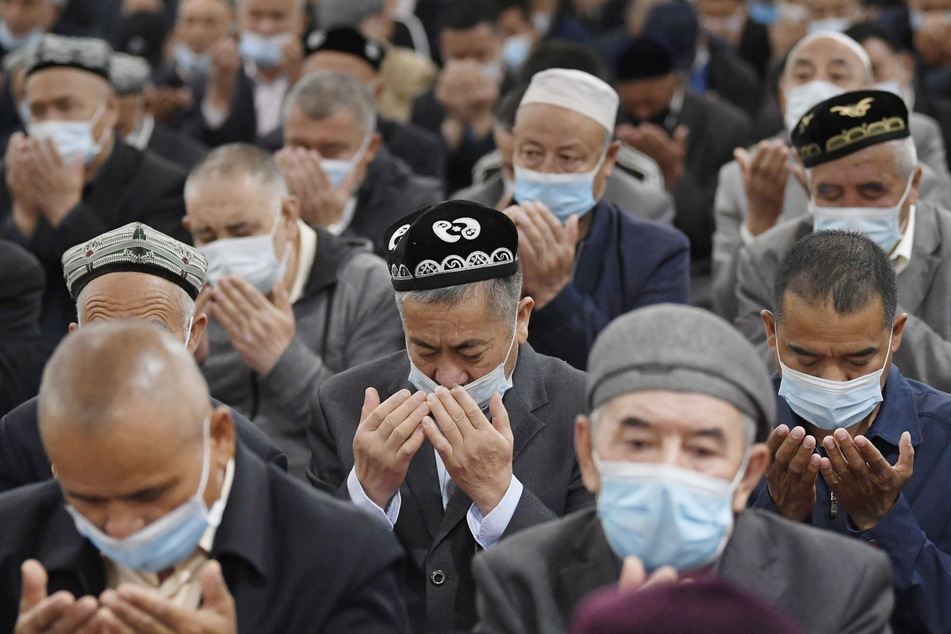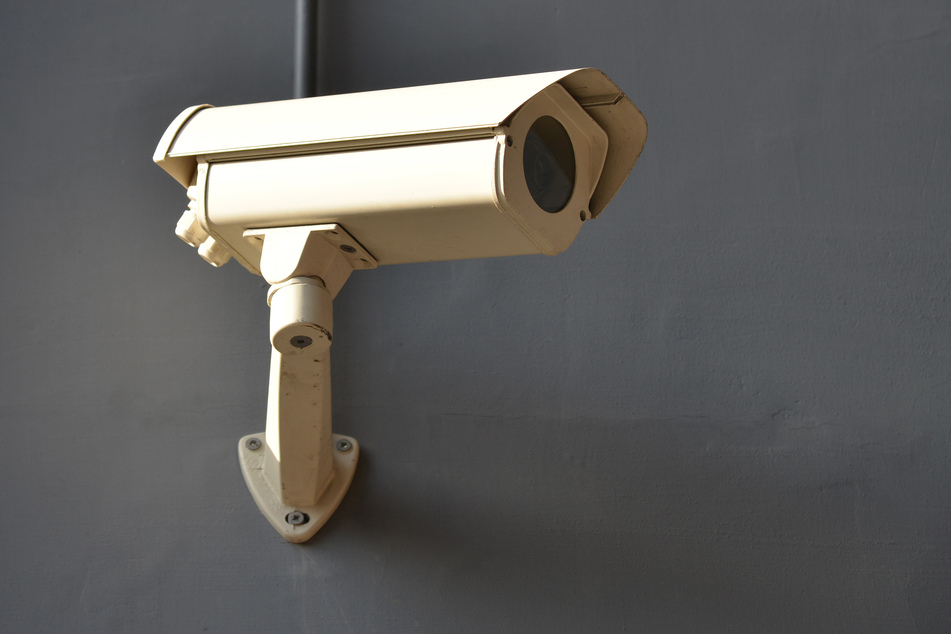Chinese police are testing emotion-detection tech on detained Uyghurs Muslims
Xinjiang, China - China's treatment of its 12 million Uyghurs has consistently been condemned as a gross violation of human rights laws. Now, new evidence shows how the regime has been using members of the ethnic minority as guinea pigs in horrific tests for new surveillance tech.

China's "re-education centers" for its itsUyghur Muslim population Xinjian Province have drawn criticism from human rights activists for years.
Some Uyghur populated regions have had nearly all husbands and fathers removed from their homes for re-education and have introduced "relatives" in their place to promote "ethnic assimilation" according to Radio-Free Asia.
In most cases, the Han Chinese men sleep in the same beds as other family members and spend their stay "teaching" the family government values.
The latest developments from the region are as equally shocking. An anonymous software engineer has admitted that he was responsible for installing facial recognition systems in police stations that were tested on detained Uyghurs.
According to a report by the BBC, the systems used artificial intelligence to reveal the states of emotion of the Uyghur prisoners. In order to test the programs, the detainees were likely strapped to "restraint chairs".
The engineer says that the system is so advanced it can reads the smallest changes in skin pores and facial expressions. He said that the software was used for "pre-judgement without any credible evidence".
China is creating massive files on each member of the Uyghur population

When the BBC asked the Chinese embassy in London about the claims, they were provided a boilerplate response: "The political, economic, and social rights and freedom of religious belief in all ethnic groups in Xinjiang are fully guaranteed. People live in harmony regardless of their ethnic backgrounds and enjoy a stable and peaceful life with no restriction to personal freedom".
Considering nearly all the 12-million Uyghurs living within China's borders are subject to 24/7 government surveillance, have to provide DNA samples, use government phone apps to monitor communications, and deal with digital scan requirements, it seems that the embassy's claims are more than a little inaccurate.
Additionally, mounting evidence has shown that companies like Huawei have been working with the government to develop programs to identify and track individuals based on their ethnicity.
Human rights research groups have pointed out that more data is being gathered on individual Uyghur citizens than any other group in history.
Sophie Richardson, the China director of Human Rights Watch, told the BBC that the government uses a system that gathers "information about dozens of different kinds of perfectly legal behaviors including things like whether people were going out the back door instead of the front door."
People in other countries couldn't imagine a situation where, "Authorities now place QR codes outside the doors of people's homes so that they can easily know who's supposed to be there and who's not."
It remains to be seen if China will be held accountable for its practices.
Cover photo: collage: Imago/Kyodo News & 123RF/Vladislav Ivantsov

